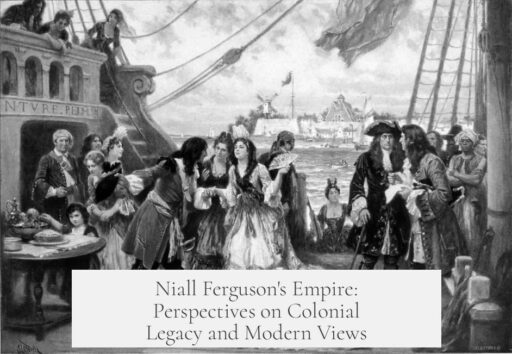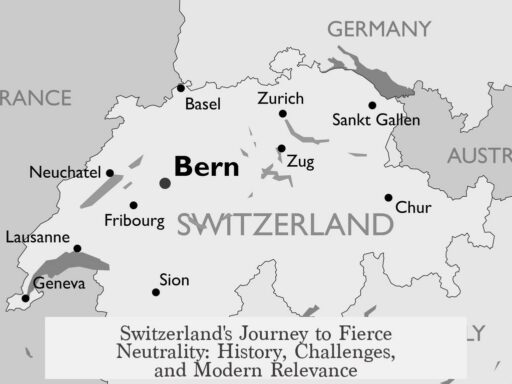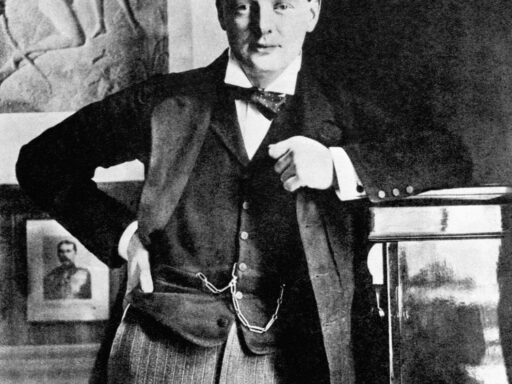Niall Ferguson’s “Empire: How Britain Made the Modern World” is regarded as a well-written, rigorous historical work that stimulates debate due to its pro-British Empire stance and political tone. The book is acknowledged for strong rhetorical skill and a comprehensive overview of British imperial history. However, it attracts criticism for eurocentrism and a positive bias towards the British Empire’s role in shaping the modern world. Readers and scholars find it a mix of serious scholarship and political intervention.
Ferguson argues that the British Empire was not merely a negative force but played a pivotal role in creating modern civilization. He claims the Empire helped lay the foundation for Western dominance, especially the rise of the United States, and prevented lawlessness in many parts of the globe. His thesis emphasizes the “superior culture” Britain spread, which he suggests brought order and governance to colonized regions.
- The book highlights achievements such as legal systems, trade networks, and institutional developments linked to the Empire.
- It presents the Empire’s legacy as a mixture of positive influences alongside undeniable conflicts and exploitation.
Despite the depth of historical detail, Ferguson’s positive portrayal of the British Empire draws criticism from postcolonial scholars and left-leaning historians. These critics describe his work as paternalistic and anglocentric. They argue the book downplays colonial violence and economic exploitation. Ferguson’s defenders contend the book offers corrective balance to a predominantly negative historical narrative in some academic circles.
Historians identify the work as a political intervention in history. It does not reject scholarship but frames the Empire’s role within a conservative viewpoint of Western progress. For example, Bernard Porter, a leading British Empire historian, considers Ferguson’s approach as a regression in historiography. More radical critiques accuse him of minimizing colonial suffering.
Economists have engaged with Ferguson’s thesis, focusing on wealth disparities before and after empire expansion. Studies from Bairoch and Alam challenge assumptions of economic backwardness in colonized regions prior to British rule. These analyses show some pre-empire Asian and African economies were competitive with Europe. The implication is that the Empire’s economic impact was complex and not uniformly beneficial or disastrous.
| Aspect | Reception | Criticism |
|---|---|---|
| Writing Style | Clear, skilled rhetoric | Eurocentric tone |
| Historical Rigor | Considered rigorous and detailed | Seen as politically biased |
| Political Stance | Pro-empire, conservative view | Accused of paternalism and anglocentrism |
| Economic Analysis | Supports some positive impact narratives | Contested by economic historians |
Key critiques come from the post-colonial field that underscores the damaging effects of empire. Ferguson’s book challenges that consensus but does not dismiss colonial critiques entirely. It invites readers to reconsider the Empire’s complexity rather than accept a wholly negative or positive view.
Readers interested in British imperial history should approach “Empire” as a substantial historical narrative combined with a political argument. It is useful for understanding one influential viewpoint but benefits from complementary reading to address its limitations and political positioning.
- Ferguson’s book is a significant but contested work in British imperial historiography.
- It argues a largely positive story of British Empire’s role in creating the modern world.
- Critics challenge its eurocentric and political biases.
- Economic evidence questions some claims about the Empire’s developmental impact.
- Best read alongside diverse historical perspectives for balance.




